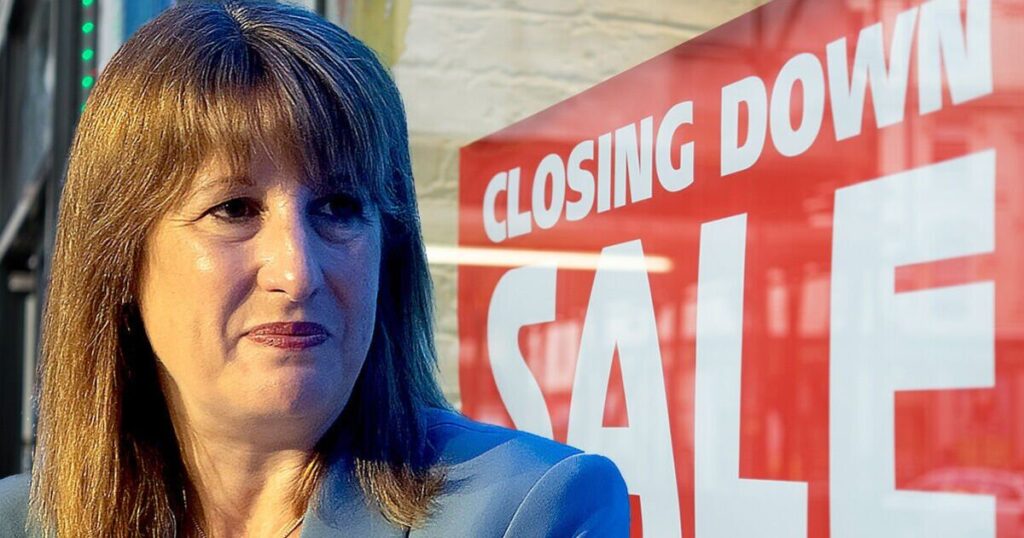
High streets have always been at the centre of our communities. Whether you’re buying new clothes for the kids, meeting a friend for coffee, or nipping out to buy a sandwich, the high street has something for everyone.
And it’s not just goods and services; retail employs around three million people, with jobs in every corner of the country, from the village post office to the city centre department store. These are everyday people: students, parents, carers. They rely on the flexible, local jobs that retail offers. In this sense, retail embodies the very heart of the everyday economy you champion.
Retail doesn’t just play an important part in people’s lives; we play an important part in the British economy. We spend £4 billion a year on training, invest £14 billion a year in the UK, and raise £33bn in tax.
But our town and city centres are at risk. We all want vibrant high streets, well-kept shops, and secure jobs. But too many of us leave our house to find shuttered shops and gap-toothed high streets. Retail theft and violence have spiralled out of control. There were around 100,000 fewer jobs at the start of 2025 compared to 2024 – that’s like losing every job in UK steel manufacture, three times over.
But it’s not too late to change the direction of travel.
The last Budget did a huge amount of damage to the high street. Retailers face £7 billion of extra costs this year, from changes to National Insurance, higher National Living Wages, and the upcoming packaging tax. The impact is already visible in our inflation figures.
Hard-working people are once again struggling with the rising cost of living, as food inflation gathers pace.
The Government has acknowledged the current business rates system is broken, and has pledged to bring down business rates for Retail, Hospitality and Leisure: all fundamental parts of the high street. It is essential that we see a meaningful reduction in these rates – fixing a tax under which over 1 in every 5 pounds is currently paid by retailers.
But the current fix – in which 4,000 large shops could see their rates go up – is partially robbing Peter to pay Paul. The very shops that attract the visitors to the high street, including department stores and supermarkets, may now find themselves paying even more to be there. This would force some to close, while others would be forced to raise prices. Either way, the customer, the high street, and ultimately the economy, loses.
Thankfully, there is a simple fix that won’t cost the Treasury or the taxpayer a penny. The Chancellor should exclude shops from the new higher tax band, resulting in a small increase for other properties such as banks or office blocks, for whom business rates account for only a tiny portion of their costs.
Fixing our high streets means giving retailers the means and the motivation to invest in it. It means supporting the job creators in our town and city centres. It means fairer taxes for those who play a key role in our communities; safer streets for all of us who use them; and means giving retailers the means and the motivation to invest in it.
It means fairer taxes that reward our local job creators, safer streets where staff and customers feel protected, and the confidence that every pound spent on the high street helps build a stronger economy for all of us.
The Chancellor has a choice: invest in the high street, or risk presiding over its decline. For the sake of our communities, she must choose right.
Helen Dickinson is Chief Executive of the British Retail Consortium
